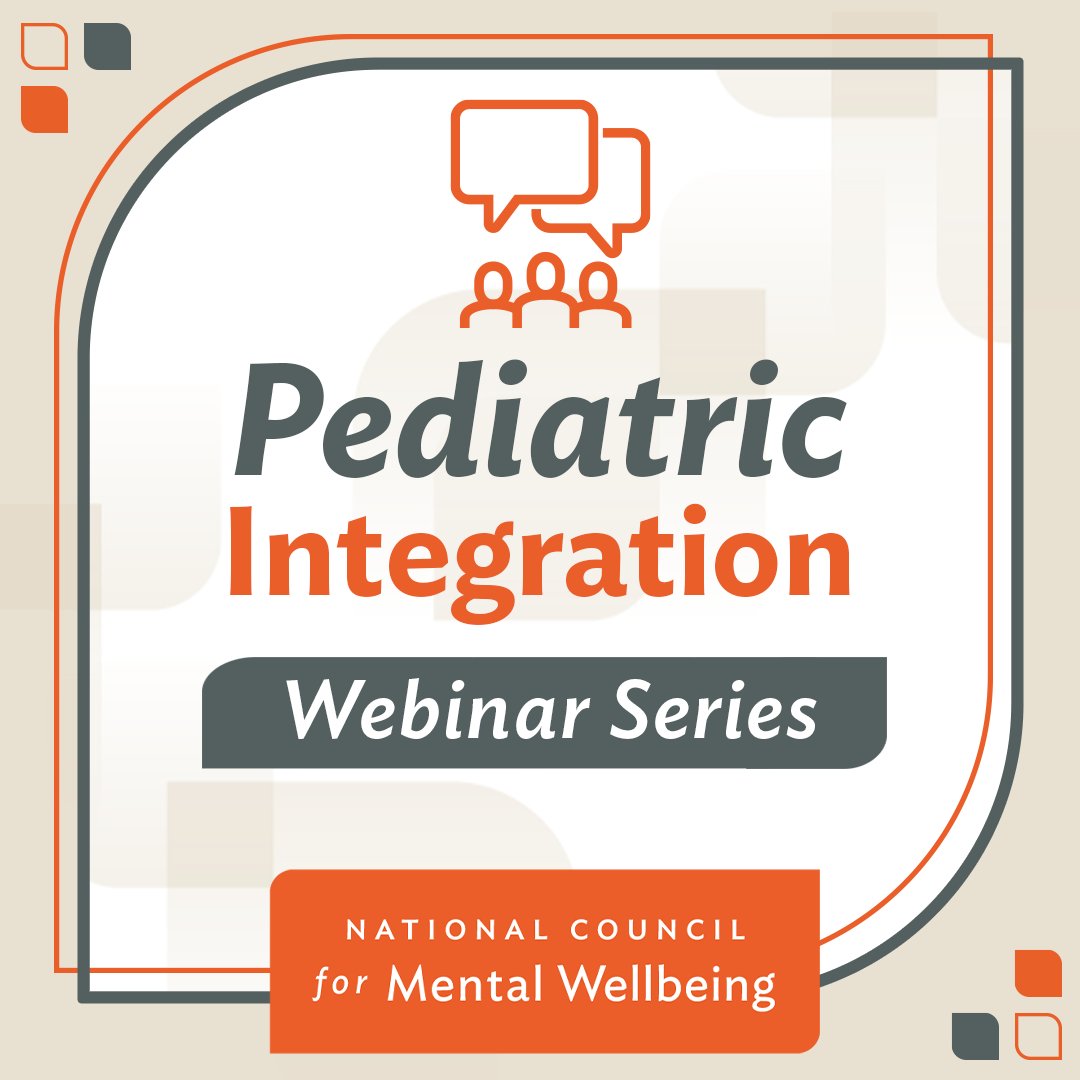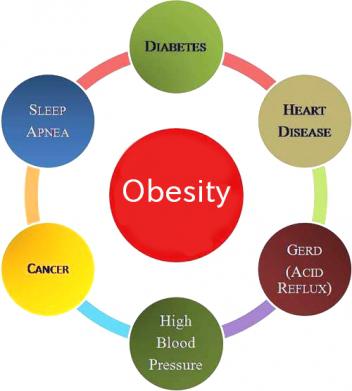Nurturing Pediatric Wellbeing for Healthy Childhood Development

Nurturing Pediatric Wellbeing for Healthy Childhood Development
Childhood is a crucial period for physical, mental, and emotional growth. Ensuring the wellbeing of our little ones is paramount for a flourishing future. Here, we explore various aspects of pediatric wellbeing and how they contribute to healthy childhood development.
Building a Foundation for Lifelong Health
Pediatric wellbeing lays the foundation for a lifetime of good health. From the early years through adolescence, a child’s physical and mental health significantly impacts their overall wellbeing. Proper nutrition, regular exercise, and emotional support are key components in establishing this foundation.
Nutrition: Fueling Growth and Development
A well-balanced diet is essential for pediatric wellbeing. Adequate nutrition provides the necessary nutrients for physical growth, cognitive development, and immune system support. Parents play a crucial role in fostering healthy eating habits from a young age, setting the stage for lifelong wellbeing.
Physical Activity for Healthy Bodies and Minds
Encouraging physical activity is integral to pediatric wellbeing. Regular exercise not only promotes physical health but also contributes to cognitive development and emotional resilience. Whether through organized sports or unstructured play, children benefit greatly from staying active.
Emotional Support and Mental Health
Pediatric wellbeing encompasses mental and emotional health. Providing a supportive and nurturing environment is crucial for a child’s emotional development. Open communication, positive reinforcement, and addressing emotional needs contribute to a child’s overall sense of wellbeing.
Quality Sleep for Optimal Growth
Adequate sleep is often underestimated in its impact on pediatric wellbeing. Quality sleep is essential for growth, immune function, and cognitive abilities. Establishing consistent bedtime routines and creating a conducive sleep environment are vital for ensuring children get the rest they need.
Preventive Healthcare Measures
Regular check-ups and vaccinations are essential components of pediatric wellbeing. Preventive healthcare measures, such as vaccinations and screenings, help safeguard children from potential health risks. Proactive healthcare management is key to early detection and intervention.
Educational Environments that Foster Wellbeing
Educational settings significantly influence a child’s wellbeing. Schools and childcare centers play a role in providing a safe, stimulating environment that supports learning and social development. Collaboration between parents and educators is crucial in ensuring a holistic approach to pediatric wellbeing.
Socialization and Peer Relationships
Socialization is a fundamental aspect of childhood development. Peer relationships contribute to emotional intelligence, empathy, and social skills. Fostering positive social interactions helps create a supportive network for children, enhancing their overall sense of wellbeing.
Balancing Screen Time for Healthy Development
In the digital age, managing screen time is essential for pediatric wellbeing. Excessive screen time can impact sleep, physical activity, and social interactions. Striking a balance and promoting age-appropriate, educational content is vital for healthy child development.
Pediatric Wellbeing: A Lifelong Journey
Pediatric wellbeing is not a singular goal but a continuous journey. It requires ongoing attention to the evolving needs of children as they progress through different stages of development. By prioritizing nutrition, physical activity, emotional support, and preventive healthcare, we pave the way for a future where our children thrive.
For more information about








 Psychological or psychological abuse is an issue that occurs generally in lots of relationships but the victims of this sort of abuse seldom understand what it actually is that is being completed to them. Beef, like sugar, is another vivid example of utilizing assets wastefully, degrading the atmosphere, contributing to hunger, poor health and more. Hip and spine points – In Australia breeders have their breeding inventory hips and spine X rayed by a veterinarian who then sends the X-rays off for scoring by a specialist. Please seek the advice of your doctor, or health care provider earlier than taking any dwelling treatments or supplements or embarking on a brand new health regime. Munchausen syndrome can occur within the mental health care service, however is more often seen first within the medical setting as an attention looking for position. Regular progress reports outline motion on B.C.’s public health emergency, identifying achievements up to now and subsequent steps underway. The prevalence of health issues within the U.S. is clear in the healthcare spending.
Psychological or psychological abuse is an issue that occurs generally in lots of relationships but the victims of this sort of abuse seldom understand what it actually is that is being completed to them. Beef, like sugar, is another vivid example of utilizing assets wastefully, degrading the atmosphere, contributing to hunger, poor health and more. Hip and spine points – In Australia breeders have their breeding inventory hips and spine X rayed by a veterinarian who then sends the X-rays off for scoring by a specialist. Please seek the advice of your doctor, or health care provider earlier than taking any dwelling treatments or supplements or embarking on a brand new health regime. Munchausen syndrome can occur within the mental health care service, however is more often seen first within the medical setting as an attention looking for position. Regular progress reports outline motion on B.C.’s public health emergency, identifying achievements up to now and subsequent steps underway. The prevalence of health issues within the U.S. is clear in the healthcare spending.
 …
…






